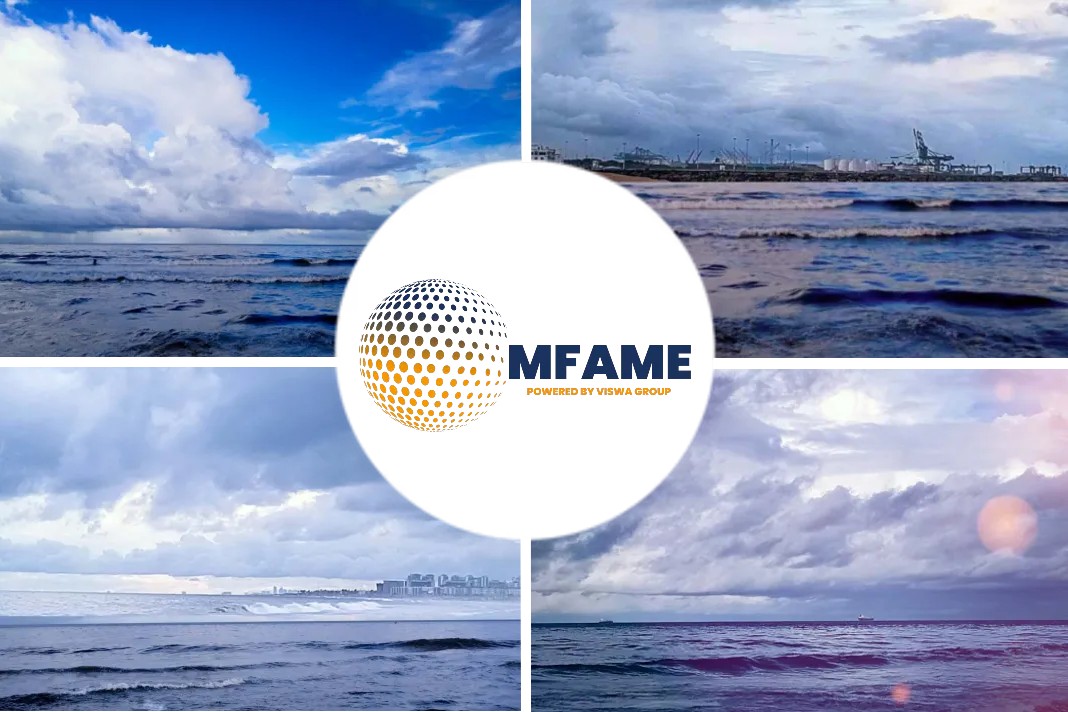According to an Alibra Shipping article, the geopolitics and market sentiment continued to provide stimulus for the tanker markets in recent weeks and crude tanker rates surged.
Market Highlights
- Earlier last week, the spot market rose at an unprecedented rate and there were reports that VLCCs were fixing at over $300,000/day.
- However, at the time of writing the spot market has dropped to around $110,000/day and although drastically lower than rates seen earlier this week, this is still much higher than the average daily rate for VLCCs which up until recently has hovered around $28,000/day.
- On the time charter front, there has also been a substantial uptick as the crude period market continues to benefit from spot market gains.
- One-year time charter rates for VLCCs are currently at the highest levels recorded since Alibra began assessing time charter rates for tankers in 2011 and up 30% from last week to an average of $65,000/pdpr.
- If we compare this estimate to the time charter rates for the same period last year, the figure has increased by 171%.
- As the market for VLCCs improves, rates for the smaller suezmaxes and aframaxes have also followed suit.
- This week we have seen a number of suezmax fixtures and the average rate for one-year is currently estimated as $42,500/pdpr, up 35% from last week.
- We have also heard reports of VLCC cargoes being split onto suezmax vessels in order to meet the demand shortfall.
Sentiment Positive
In the clean market the sentiment is also positive with many expecting rates to follow crude although the spot market is not yet quite as buoyant. The time charter market has been quieter this week with the focus being on gains in the spot market, but we have noted an interest in longer period deals.
Can this sustain for the long term?
The current market rally is as a result of a perfect storm of extraordinary events, namely the sanctions imposed by the US on six Chinese companies including two entities of state owned Cosco Shipping for allegedly carrying Iranian crude, the recent drone attacks on Saudi Arabia combined with some vessels being removed from the market in order to install scrubbers in preparation for the IMO 2020 sulphur cap regulations commencing in January. There are also increasing numbers of tankers being used to store fuel ahead of the new regulations in January, Bloomberg has reported that 30 tankers are currently anchored off the coast of Singapore, one of the world’s busiest bunkering ports.
These events combined have significantly reduced the supply of tankers on the water, therefore pushing up rates in the short term but can these rates be sustained in future? Well if we look at the supply and demand elements of the tanker market, these are all looking pretty positive. Thanks to years of depressed tanker markets, newbuilding orders are very low and as older tankers are phased out, even if the current spike inspires some newbuilding orders, these will take a few years to trickle through to the trading fleet.
On the demand side, whilst there are concerns over a slowdown in the global economy, forecast for crude imports to China, the world’s largest oil importer, are looking strong. The latest data from the General Administration of Customs reports that China’s crude oil imports in September rose 10.8% year on year to 41.25 million tonnes of crude or 10.4 million barrels per day (bpd) as refiners ramped up output thanks to stable profit margins and solid fuel demand which will provide support for all areas of the tanker market.
Did you subscribe to our daily newsletter?
It’s Free! Click here to Subscribe!
Source: Alibra Shipping

















